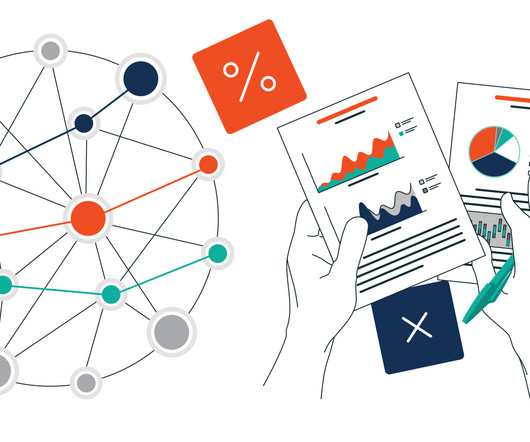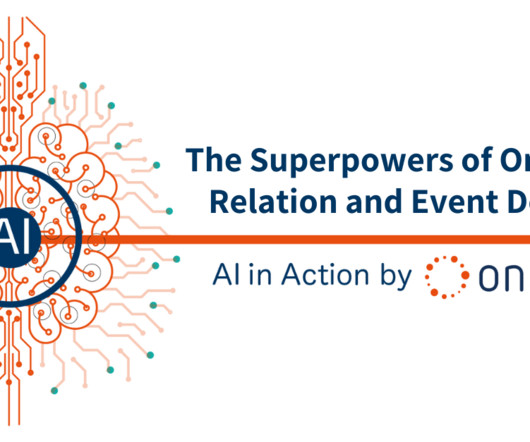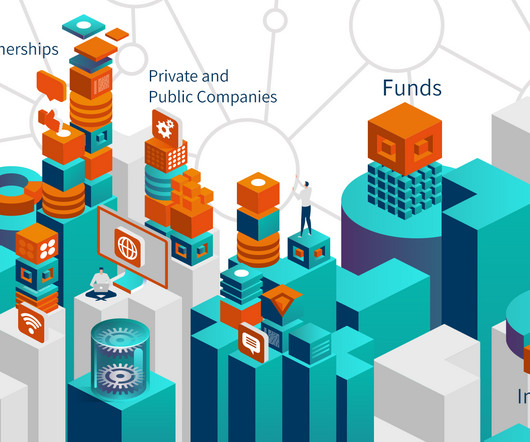Success Stories: Applications and Benefits of Knowledge Graphs in Financial Services
Ontotext
JULY 6, 2023
In today’s fast changing environment, enterprises that have transitioned from being focused on applications to becoming data-driven gain a significant competitive edge. There are four groups of data that are naturally siloed: Structured data (e.g., Transaction and pricing data (e.g.,














Let's personalize your content